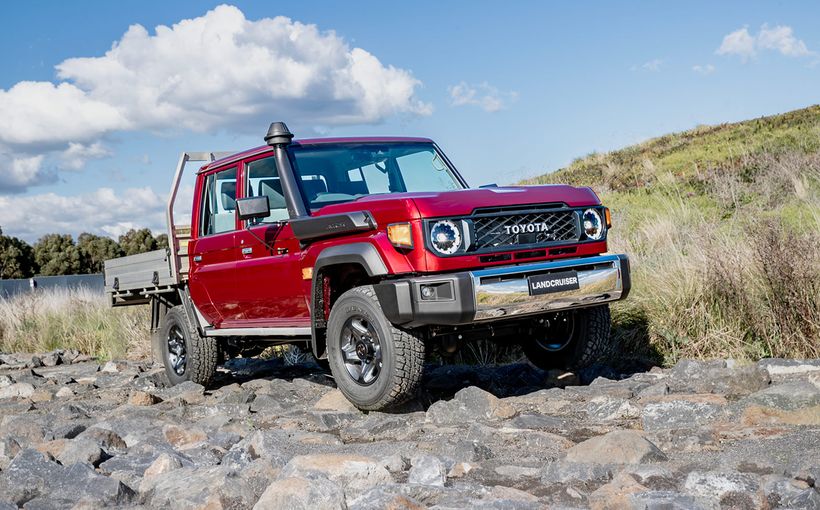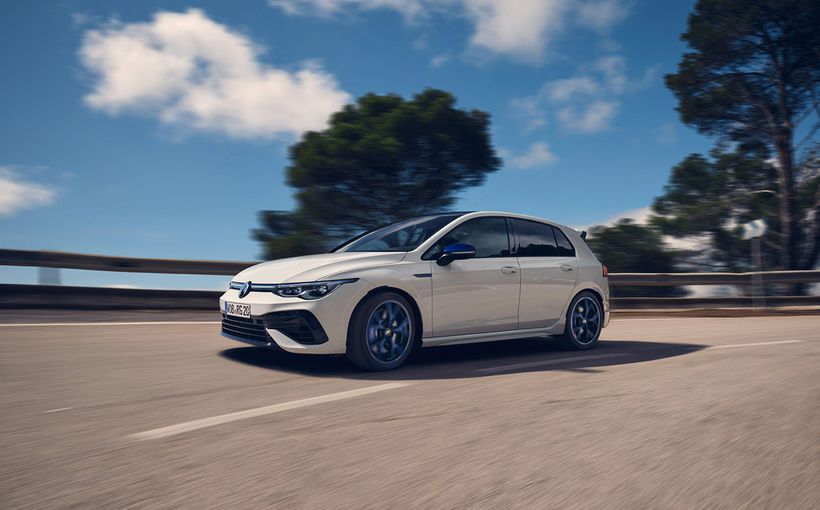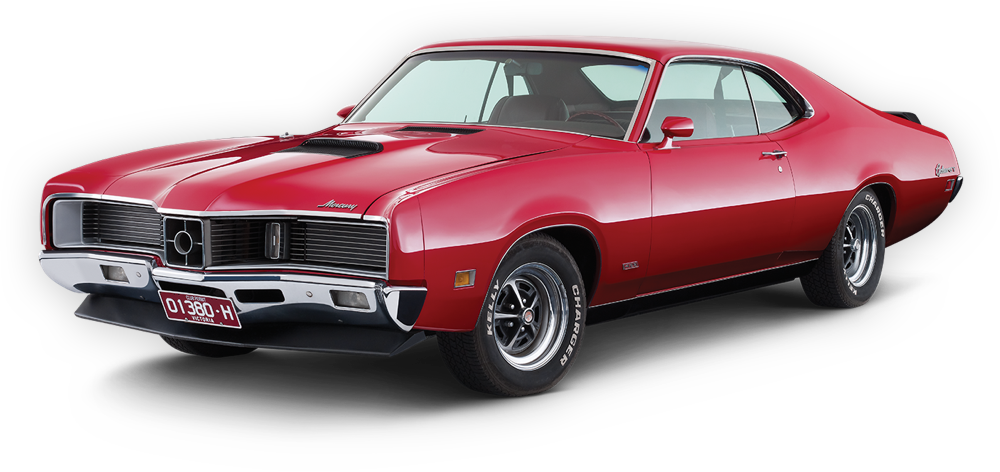ALL car enthusiasts have at some point pondered the possibility and feasibility of building a completely new example of their favourite vehicle from original equipment parts, and this author is no exception.
In the late 1990s it was possible to build a brand new Triumph TR6 from a mixture of OEM spares and remanufactured parts for about £12,000, but at the time even the best original examples were selling for around £5000 so he didn’t go through with it.
In most cases the exercise is wholly untenable from a financial perspective but that doesn’t stop the notion of owning a factory-fresh classic appealing to many car nuts and the same applies to Jaguar, it seems.

In March this year, the British car-maker confirmed that it would build nine examples of its hugely desirable XKSS classic racers to replace an ill-fated batch that was lost in a factory fire in Coventry in 1957, completing the full run 59 years late.
As you might imagine, it has taken a while to get the expertise, tooling and production together, but after a fitting nine month gestation, the first example is ready to be shown off to the world.

Jaguar chose the Los Angeles motor show as the venue to reintroduce the XKSS to the public with the first example proudly paraded alongside the company’s range of modern vehicles.
The first example will not be delivered to any customers and is instead a special one-off vehicle that will serve as a trial run and a blueprint for the nine cars that will follow it. Its ultimate fate remains uncertain at this stage but it is most likely the car will find its way into Jaguar’s private collection after serving its role and completing a number of public appearances.

While the cars will be produced to exacting specification at the hands of Jaguar’s team of experts and its Jaguar Classic dedicated restoration outfit, the only original part will be the chassis numbers.
But how do you make a car exactly as it was in the 1950s when almost all of the original parts have been long since sold, fitted and then replaced all over again?
The team scanned several surviving original XKSS cars and carefully studied original drawings to produce a completely accurate schematic for the reproduction versions, including a new clay model ‘styling buck’ — the solid model from which the traditionally hand-wheeled body panels are crafted from.

The chassis is constructed using tube-specialists Reynolds materials and bronze welding and it’s the same story with the magnesium two-piece wheels and tyres, which are produced by Dunlop to exact original specifications.
Despite a lot of water under the bridge, the XKSS engine is also identical to the original donk and was recast and constructed to produce the same 195kW from just 3.4 litres and six naturally-aspirated cylinders. Fuelling is courtesy of carburettor authority Weber.
On the inside, the same attention to detail has been applied to the reproduction (but original spec) Smiths gauges, brass fittings and switchgear, while even the leather and wood grades have been selected to match the original cars.

The fuel cell is the only significant feature to deviate from original specification and in the name of safety as well as a construction from more modern materials that better suit today’s fuel.
The XKSS has serious performance even by modern standards thanks largely to its connection to motorsport and was effectively a road-going version of the D-Type race car.

While they may appear to be quite significantly different cars, the XKSS was mechanically almost identical and most of the changes were limited to the body, such as the removal of the stabilising fin behind the driver, a full width windscreen, passenger-side door and basic folding roof.
Resurrecting a dormant model in such small numbers may seem like an unnecessarily complicated project but it’s not the first time the British car-maker has pulled the stunt, and in 2014, Jaguar announced it would reproduce six examples of another race-honed icon.

In 1963, Jaguar set out to build 18 specially modified E-types to battle it out at one of the world’s toughest races and the Le Mans 24 hour, but only 12 were ever completed. With the orphan chassis numbers still sitting on the shelf, the remaining vehicles were finally built 50 years later.
While it might not be worth your money cobbling a new VL Commodore together from bits at your local Holden dealership, does the equation make more sense when you are dealing with a much higher value end product?

Customers were asked for a beefy one million pounds sterling (about $A1.4 million) in exchange for their old/new XKSS which may sound like a lot, but considering securing an original 1950s version costs about $6 million on the world market today.
The nine shiny new XKSS Jags may not have 60-year old dirt under their fingernails, but they are more likely to start on the first turn of the key and they have a dusting of subtle features in the name of safety.

At $5 million cheaper than an original, has the story of the resurrected Jaguar XKSS got you thinking about building your own parts-catalogue pristine project?
Daniel Gardner GoAuto.com.au
Protect your Classic. Call Shannons Insurance on 13 46 46 to get a quote today.









